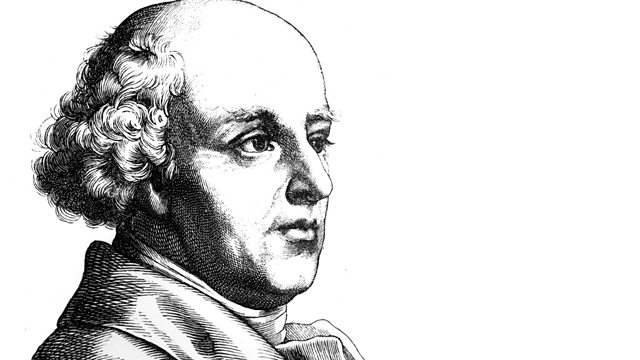
A Brave Medical Life: The Founder of Βι¶ΉΤΌΕΔopathy
200 years ago Samuel Hahnemann published the founding text of homeopathy. This programme looks at his controversial life and ideas in the context of early 19th medicine.
This programme marks the two hundredth anniversary of the publication of homeopathy's founding text 'Samuel Hahnemann's Organon of Rational Medicine'.
It recognises that homeopathy remains deeply controversial, and that while some in Britain are convinced of its benefits there are many who argue that it is scientifically invalid and should not continue to be recognised by the NHS. This is not intended as an intervention in that debate. It is a historical programme locating the development of Hahnemann's thinking within the context of late eighteenth and early nineteenth century medicine.
It's been said that Hahnemann would be more famous than he is if he had not developed homeopathy; that this has meant he's come to be seen either as a saint or a charlatan. He was neither. He was first and foremost a critic of what he saw as the cruel, ineffective and unscientific treatments that he was trained to deliver- bleedings, purges, and huge doses of mercury.
He renounced being a doctor for a time because he felt he did more harm than good. What was to become homeopathy developed from his insistence that medicines be tested before they were used, and even its opponents recognise Hahnemann's significance in the history of pharmacology and therapeutics.
We examine his arguments and those of his opponents. But the programme also questions how useful the distinction between 'mainstream' and 'alternative' is for understanding the history of western medicine.
We interview leading medical historians in both the UK and Germany; and actors bring to life the medical conflicts of Hahnemann's own time.
Written and presented by Mark Whitaker
Producer: Mark Whitaker.
Last on
Broadcast
- Fri 10 Dec 2010 11:00Βι¶ΉΤΌΕΔ Radio 4
